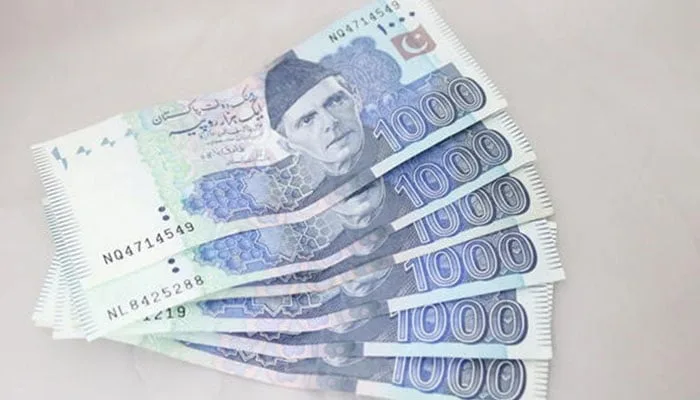In a bid to address the province’s wheat requirements, the Sindh government has embarked on a significant procurement endeavor, with plans to purchase 9 lakh tonnes of wheat at a revised price of Rs 4,000 per maund.
Chief Minister Murad Ali Shah, while addressing a gathering of People’s Party leaders and workers in Nawab Shah, emphasized the importance of soliciting suggestions for the provincial budget and urged active participation in formulating regional development schemes.
Highlighting the previous year’s wheat procurement figures, Chief Minister Shah noted that out of a total of 14 tons, the government procured over 11 lakh tons of wheat, resulting in a surplus of 4 lakh tons stored in warehouses. In response to the province’s current wheat requirements, the decision was made to procure 9 lakh tonnes, with the price fixed at Rs 4,000 per maund.
The Chief Minister’s announcement comes amidst efforts to streamline wheat procurement processes and ensure adequate supply for the province’s needs. However, challenges persist, as evidenced by the suspension of four district food controllers due to allegations of malfeasance in wheat procurement.
Furthermore, Chief Minister Shah expressed concern over the importation of a significant quantity of wheat during the caretaker period, a decision he deemed unnecessary and potentially detrimental to local agricultural interests.
Meanwhile, at the federal level, the Economic Coordination Committee (ECC) has granted approval for a wheat procurement target of 18 lakh metric tonnes for the Pakistan Agricultural Storage and Services Corporation (PASCO), underscoring the broader national efforts to manage wheat reserves and stabilize prices.
The Sindh government’s proactive measures in wheat procurement reflect a commitment to safeguarding food security and supporting local agricultural producers. By fixing a revised procurement price and actively engaging stakeholders in the budgetary process, the government seeks to address pressing agricultural concerns and ensure equitable distribution of resources.
As the province navigates the complexities of wheat procurement and storage, transparent and accountable governance remains paramount. Efforts to root out corruption and streamline procurement mechanisms will be crucial in optimizing wheat supply chains and mitigating risks of food shortages.
Looking ahead, continued collaboration between government agencies, agricultural stakeholders, and the broader community will be essential in effectively managing wheat reserves, promoting sustainable agricultural practices, and fostering economic prosperity across Sindh.



